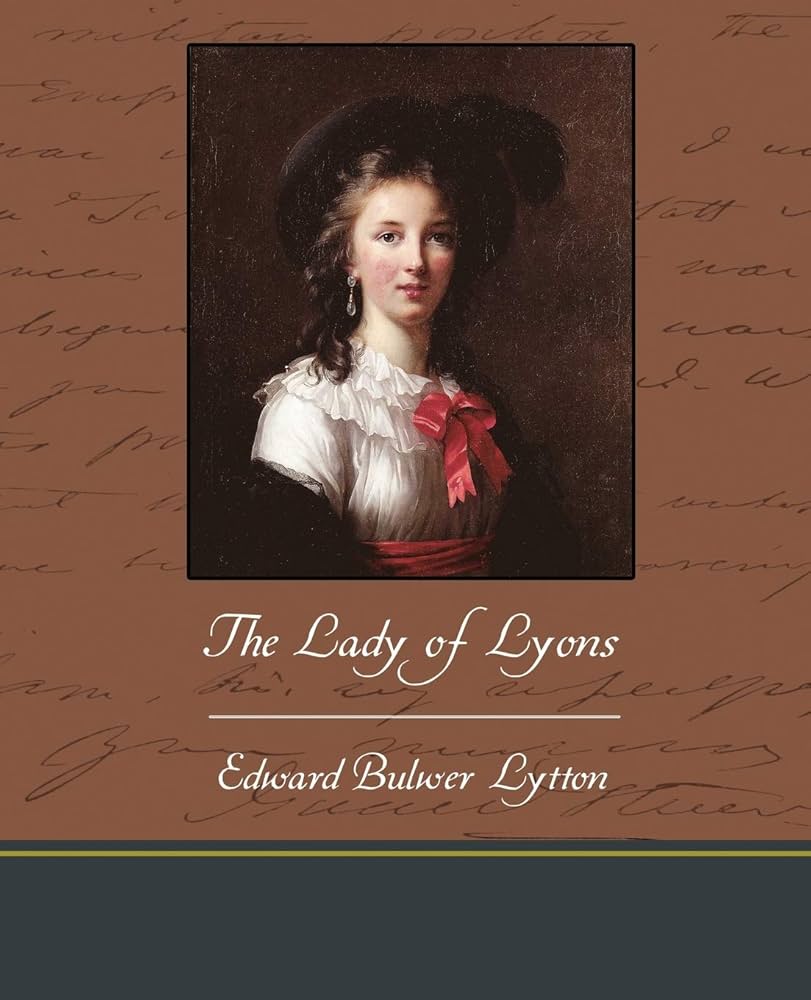SCENE IX -The Lady of Lyons
byIn the opening act of “The Lady of Lyons; Or, Love and Pride,” we are introduced to a setting rich in the opulence and social dynamics of Lyons. The scene is set in the household of M. Deschappelles, where we encounter Pauline, reclining on a sofa, attended to by her maid, Marian, in a room adorned with flowers and notes symbolizing her allure and popularity. Madame Deschapelles, overseeing the scene, engages in a conversation that underscores the theme of beauty and marriageability as assets in the societal market of alliances and social standing. As Pauline wonders about the sender of her daily floral tributes, the arrival of Monsieur Beauseant is announced, introducing a potential suitor eager to win Pauline’s hand.
Beauseant’s entrance and proposal to Pauline, juxtaposed with his internal acknowledgment of the sacrifice he believes he is making by marrying into a trade family, sets the stage for the conflict between love, pride, and social status. Pauline’s rejection of Beauseant, despite his wealth and indirectly offered social elevation, reflects her disdain for his presumptuousness and the societal pressures to marry for status over affection. The dialogue cleverly reveals the characters’ motivations, desires, and the societal norms that govern their actions.
Madame Deschapelles’ interaction with Beauseant, subtly emphasizing the preference for a suitor of noble status despite the egalitarian facade post-Revolution, and her guidance to Pauline on how to refuse a proposal with “proper condescension and disdain,” encapsulate the societal dynamics at play. This act sets the groundwork for exploring themes of love, pride, societal expectation, and the pursuit of happiness against the backdrop of social hierarchy and familial aspirations.
As Beauseant departs, rebuffed and contemplating a reclusive retreat into philosophy and misogyny, the scene closes on Madame Deschapelles and Pauline, satisfied with maintaining their dignity and societal standards in the face of an unwelcome matrimonial proposition. This chapter sets a tone of elegance, wit, and the undercurrents of social maneuvering, leaving the audience to anticipate the unfolding of Pauline’s story in a society where love and pride are in constant negotiation.

